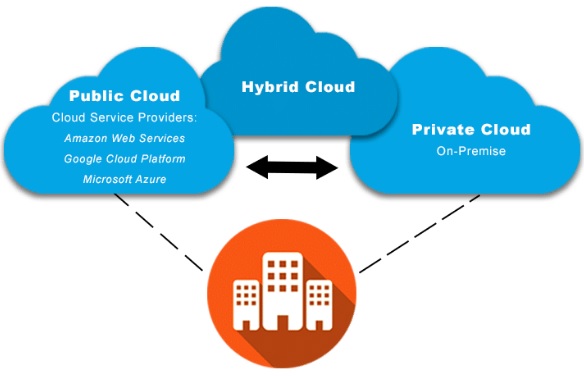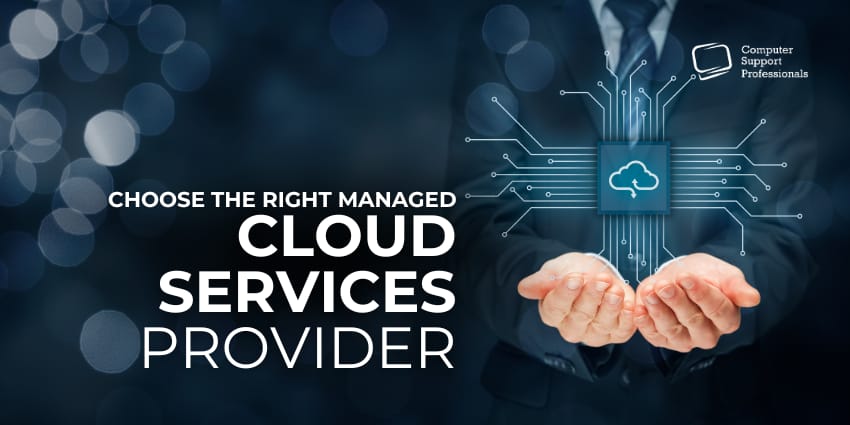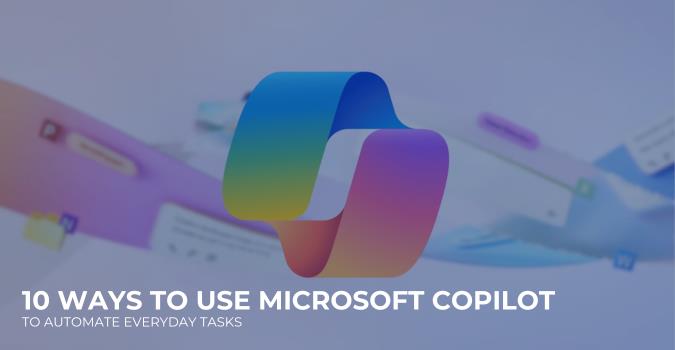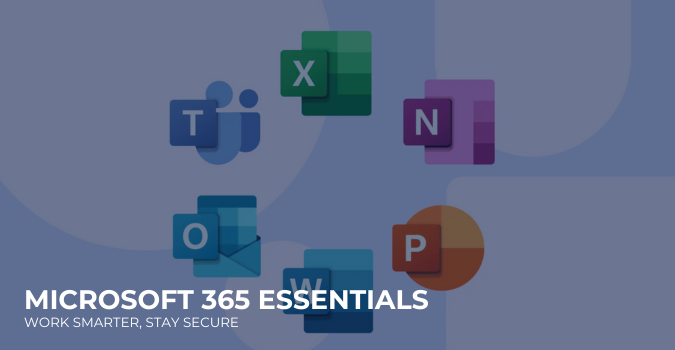In the modern business landscape, harnessing the potential of cloud computing is essential for scalability, efficiency, and innovation. However, the complexities of managing cloud infrastructure often necessitate the expertise of a Managed Cloud Services Provider (MCSP). In this blog, we will delve into the key considerations when selecting an MCSP for your business, with a focus on the benefits, features, and importance of Computer Support Professionals in the decision-making process.
Introduction to Managed Cloud Services
Managed Cloud Services involve outsourcing the management, monitoring, and optimization of a company’s cloud infrastructure to a specialized third-party provider. This allows businesses to focus on their core operations while leveraging the MCSP’s expertise in ensuring reliable, secure, and cost-effective cloud operations.
Types of Managed Cloud Services
Cloud Services are typically categorized into three main types including Infrastructure as a Service (IaaS), Platform as a Service (PaaS), and Software as a Service (SaaS).

Infrastructure as a Service (IaaS):
IaaS provides virtualized computing resources over the internet. It offers the most basic building blocks for cloud IT, allowing users to rent virtual machines, storage, and networking components. Users have control over the operating systems, applications, and configurations running on the infrastructure. Examples of IaaS providers include Amazon Web Services (AWS) EC2, Microsoft Azure Virtual Machines, and Google Cloud Compute Engine.
Platform as a Service (PaaS):
PaaS provides a higher level of abstraction by offering a platform that includes both the underlying infrastructure and the tools needed for application development and deployment. It simplifies the process of creating, testing, and deploying applications. Users can focus on coding and functionality while the platform handles the underlying infrastructure. Popular PaaS offerings include Heroku, Google App Engine, and Microsoft Azure App Service.
Software as a Service (SaaS):
SaaS delivers fully functional software applications over the internet on a subscription basis. Users can access these applications via a web browser without needing to worry about installation, maintenance, or hardware infrastructure. Common examples of SaaS include Google Workspace (formerly G Suite), Microsoft 365, Salesforce, and Dropbox.
Key Considerations for Selecting an MCSP
Service Level Agreements (SLAs): Examine the SLAs offered by the MCSP. These agreements outline the scope of services, response times, and guarantees for uptime. Ensure they align with your business’s needs and expectations.
Multi-Cloud Expertise: Look for an MCSP that supports multiple cloud platforms. This provides flexibility and prevents vendor lock-in, allowing you to choose the best-fit platform for different workloads.
Performance Monitoring: The MCSP should offer advanced monitoring tools to track the performance of your cloud environment in real time. This ensures quick issue detection and resolution.
Disaster Recovery and Backup: Robust disaster recovery plans and data backup procedures are essential. The MCSP should have strategies in place to minimize data loss and downtime in the event of a catastrophe.
Compliance and Security: Verify that the MCSP follows industry-standard security practices and complies with relevant regulations. Data breaches can have severe legal and financial consequences.
Benefits of Managed Cloud Services
Expertise and Experience: Reputable MCSPs bring a wealth of experience and specialized knowledge to the table. They possess a deep understanding of various cloud platforms, technologies, and best practices, which significantly reduces the risk of downtime and security breaches.
Cost Efficiency: MCSPs offer flexible pricing models that align with your business’s needs. By avoiding upfront investments in infrastructure and hiring dedicated in-house teams, businesses can optimize their cloud-related costs.
Scalability: Managed Cloud Services providers can swiftly scale resources up or down as per business requirements. This agility is crucial for handling sudden spikes in demand or accommodating growth.
Security and Compliance: Top MCSPs implement robust security measures and adhere to industry regulations. They conduct regular audits, monitor for vulnerabilities, and provide timely patches and updates.
The Role of Computer Support Professionals:
Computer Support Professionals play a critical role in the entire process. Our cloud engineers will ensure seamless integration of cloud solutions with existing IT infrastructure. Their expertise is invaluable during the initial setup, migration, and ongoing management of cloud services.
Summary:
In conclusion, the right Managed Cloud Services Provider can revolutionize your business’s cloud operations, enhancing efficiency, scalability, and security. When making your selection, consider the benefits of managed services, the essential features of an MCSP. To make an informed decision and receive top-notch technical support, collaborate with a reputable MCSP and leverage the expertise of Computer Support Professionals. Your business’s cloud journey awaits – embark on it with confidence.




